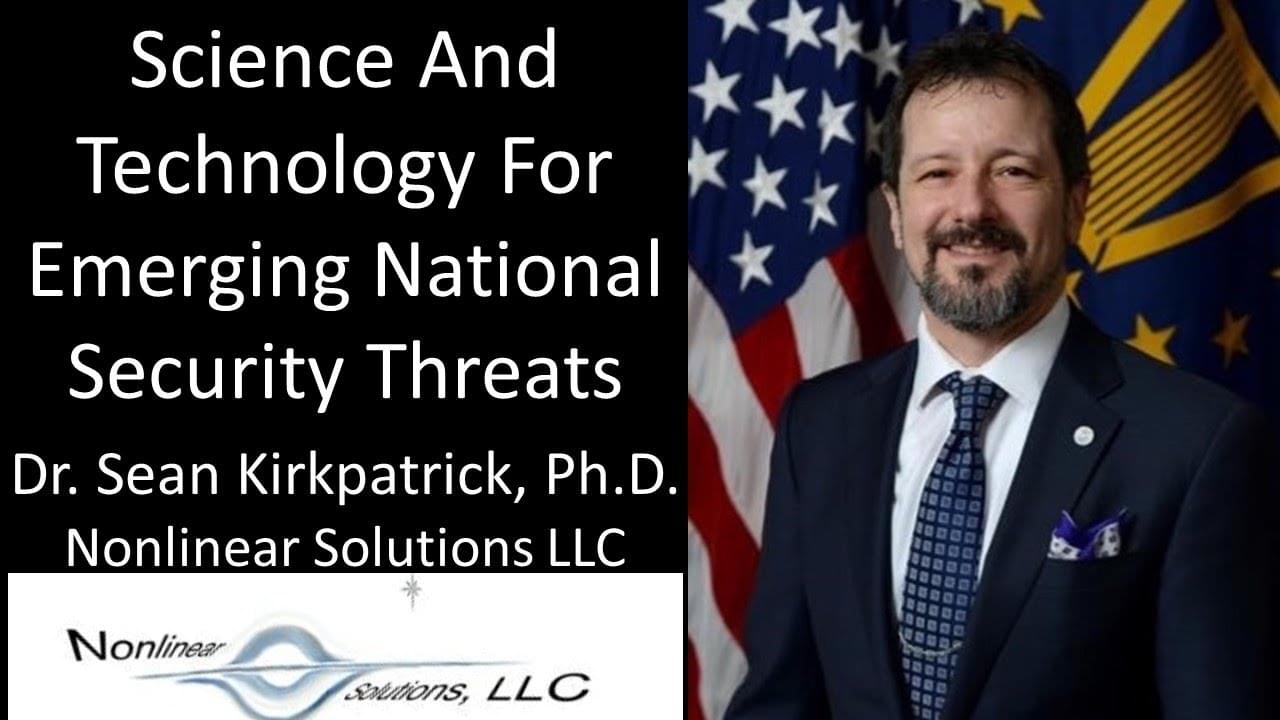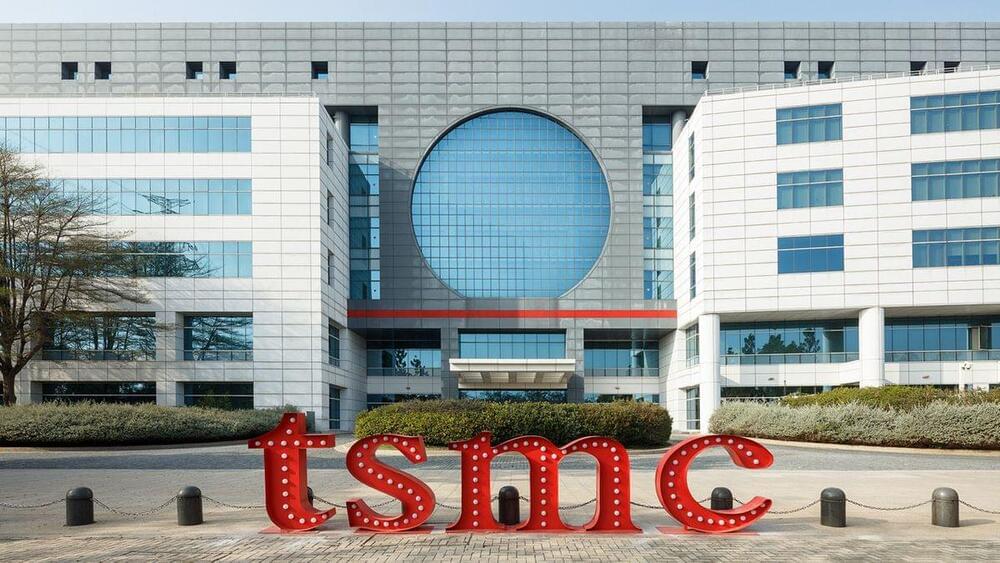Apr 25, 2024
Bipartisan Effort Demands DEA Action on Marijuana Scheduling
Posted by Laurence Tognetti, Labroots Inc. in categories: biotech/medical, government, neuroscience
Read how Congress is pressing the DEA to reclassify marijuana from a Schedule I drug to Schedule III.
Marijuana is currently classified as a Schedule I drug, meaning these are “drugs with no currently accepted medical use and a high potential for abuse.” However, a team of 21 bipartisan congressional leaders from both the Senate and House of Representatives hopes to change that as they recently sent a letter to the United States Drug Enforcement Administration (DEA) pushing them to “promptly remove marijuana from Schedule I of the Controlled Substances Act (CSA)”, noting that almost eight months had passed “since the Department of Health and Human Services (HHS) recommended rescheduling marijuana to Schedule III — and 18 months since President Biden directed HHS and the Department of Justice (DOJ) to begin the process of reviewing marijuana’s scheduling.”
Examples of other Schedule I drugs include heroin, lysergic acid diethylamide (LSD), marijuana (cannabis), 3,4-methylenedioxymethamphetamine (ecstasy), methaqualone, and peyote, while Schedule III drugs include Tylenol, ketamine, anabolic steroids, and testosterone. Additionally, the penalties between Schedule I and Schedule III drugs also demonstrate stark contrasts, as well.
Continue reading “Bipartisan Effort Demands DEA Action on Marijuana Scheduling” »

















